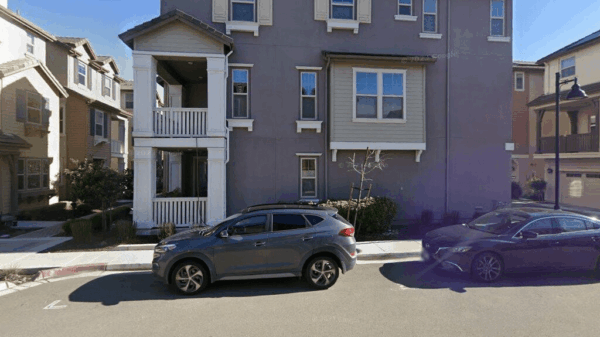A recent study from the Icahn School of Medicine at Mount Sinai has provided insights into why some patients with multiple myeloma remain cancer-free for extended periods following CAR T cell therapy. Published in the journal Blood Advances, this research represents the first longitudinal, single-cell, multi-omic analysis of cilta-cel in the context of this blood cancer.
Cilta-cel, or ciltacabtagene autoleucel, is a specialized CAR T cell therapy designed for individuals with relapsed or refractory multiple myeloma. The treatment utilizes a patient’s own T cells, which are genetically modified in a laboratory to specifically target and destroy cancer cells expressing B cell maturation antigen (BCMA). After processing, these modified T cells are reinfused into the patient, providing a one-time therapeutic approach to combat the disease.
The study reveals that the longevity of remission significantly relies on the interaction between the infused CAR T cells and the patient’s immune system. Key factors determining long-term remission include the preservation of diverse T cell populations and a lack of suppressive myeloid cells that hinder immune responses.
Dr. Alessandro Lagana, Assistant Professor of Oncological Sciences at the Icahn School of Medicine and the study’s senior author, emphasized the importance of these findings. “CAR T cell therapy has changed myeloma care, but not everyone maintains a long remission,” Dr. Lagana stated. “We wanted to understand what’s happening in the immune system of patients who stay in remission for more than five years after a single infusion.”
The research team monitored 19 patients enrolled in the CARTITUDE-1 clinical trial, employing advanced laboratory techniques to analyze blood and bone marrow samples collected before and after treatment. The study identified several immune features associated with long-lasting remission. Patients who remained free of cancer for more than five years exhibited an early, focused expansion of CAR T cells, alongside a broad and active population of healthy helper T cells (CD4 T cells).
In contrast, those who experienced earlier relapses typically presented with a higher tumor burden at baseline and demonstrated an early increase in immunosuppressive myeloid cells, which can diminish T cell efficacy.
“This research shows that long remissions depend not only on the CAR T cells we give, but also on the patient’s own immune system,” Dr. Lagana noted. He added that understanding these immune dynamics could enable healthcare professionals to better select candidates for CAR T cell therapy, monitor for early signs of relapse, and develop new treatments that bolster immune strength and responsiveness.
The researchers plan to validate their findings through larger studies and aim to create a straightforward blood test or biomarker panel capable of predicting which patients are most likely to maintain remission following treatment.
For further details, refer to the study by Junia Vieira dos Santos et al, titled “Long-term Remission After Cilta-Cel in Multiple Myeloma Is Linked to Diverse T Cells and Low Myeloid Suppression” in Blood Advances, 2025. The DOI is 10.1182/bloodadvances.2025018078.





































































